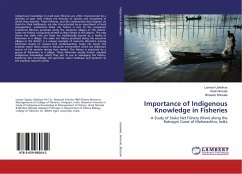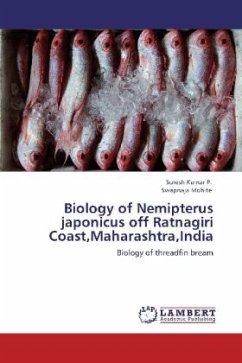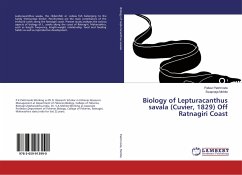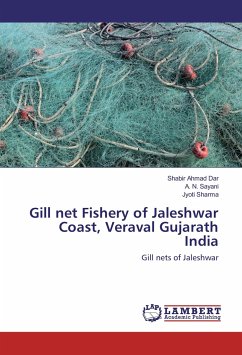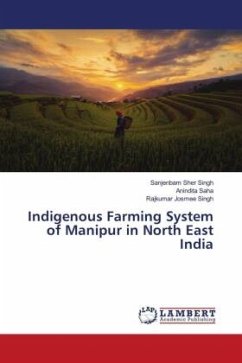Indigenous knowledge in small scale fisheries are often characterized by a diversity of gear that reflects the diversity of species and ecosystems in which they operate. These fisheries, and the communities that depend on them for their livelihoods, are also characterized by an assortment of local management institutions. Stake net fishery is one of the prominent traditional fisheries practiced along the estuarine villages of the district. Stake net fishery is popularly termed as Wan fishery in the district. The sites where the stake nets are fixed are traditionally owned by a family of fisherman in a village. The stake net fishery practiced along the estuarine villages in the district is a unique example of resource allocation among fishermen based on mutual tacit understanding. Stake net target the brackish water fishes native in estuarine environment which are important source of fish protein during lean season. The fishery is practiced by a group of fishermen in a village. These fishermen mostly harbor valuable indigenous knowledge which they put to use in managing the fishery. Exploring this knowledge will generate useful database and pinpoint to the essential research needs.
Bitte wählen Sie Ihr Anliegen aus.
Rechnungen
Retourenschein anfordern
Bestellstatus
Storno

